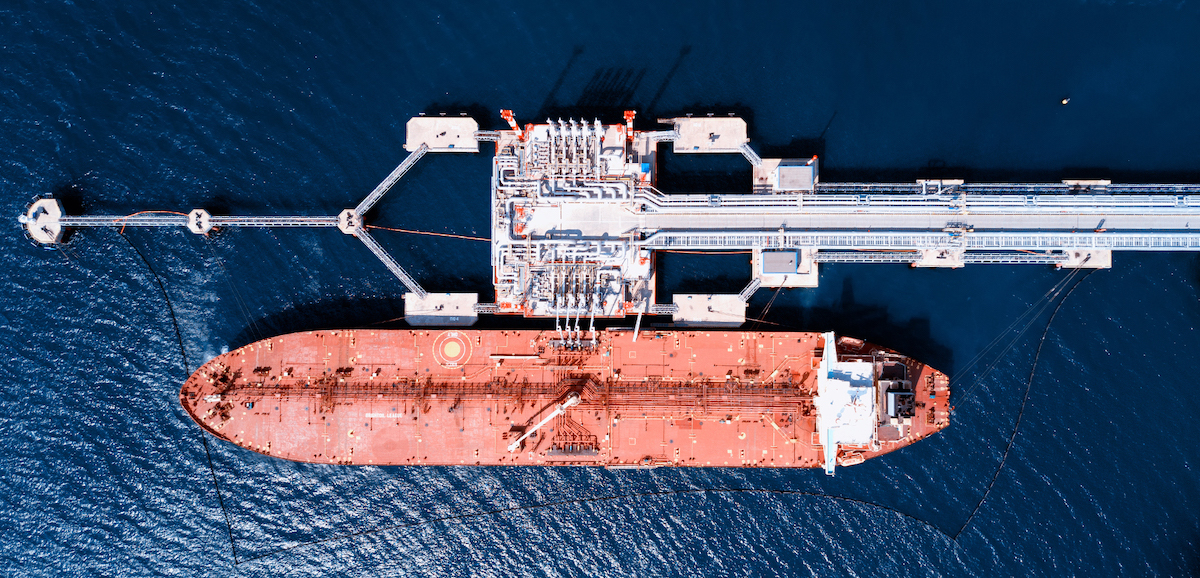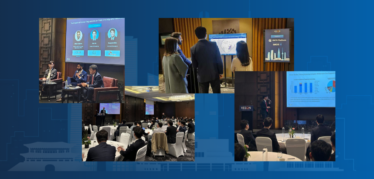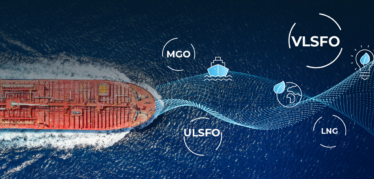The complex commercial voyage lifecycle demands a coordinated and tightly integrated workflow that stewards the movement of information across functions with complete continuity. This coordinated workflow is particularly vital when it comes to voyage close, a stage of the voyage that requires close and collaborative participation of professionals working in the chartering, finance, management, and operations functions.
The action of closing a voyage signals its complete conclusion, restricting it from further P&L changes, certain system processes, and daily decision-making. When a voyage is closed, the vessel has not only arrived at its destination and its cargo been discharged, but the internal processes of cash reconciliation, post-voyage optimization, and data transfer and analysis have all been performed.
Performing voyage close successfully first requires a detailed understanding of the responsibilities and roles of each function involved. Let’s take a closer look at how the chartering, finance, management, and operations functions work individually and collectively to streamline and accelerate the voyage close process.
1. Chartering
As the starting point for every voyage, the chartering function is charged with clearly defining expectations that the operations team can centrally reference to gauge voyage performance. While early in the voyage lifecycle, the context provided by chartering is instrumental in positioning the entire organization for a successful voyage close. In some cases, chartering may need to define more data points than are required to simply generate an estimate. Key tools to enhance this process include integrated tasks and alerts for chartering and operations, as well as APIs and reporting tools that can automate post-voyage analyses.
2. Finance
The finance function plays a critical role in voyage close as it is responsible for expedient invoicing and cash reconciliations. At every stage of this process, voyage finance must maintain complete continuity with operations and downstream corporate accounting systems. The voyage accounting function’s efforts are powerfully augmented by bi-directional integrations that push and pull information from the Veson IMOS Platform (VIP). Moreover, the function’s role is enabled by integrated operational data that can provide clarity and context surrounding payables and receivables, and automated invoice raising and period close processes.
3. Management
For managers, the voyage close process provides insights that are key to assessing operational KPIs about your voyage workflow, evaluating the financial performance of each and every voyage, and informing decisions. But managers are also responsible for cultivating and reinforcing the kind of collective agreement and collaboration required to facilitate a successful voyage close. Management’s efforts rely heavily on the seamless and continuous flow of data to establish a single source of the truth, as well as configurable reports based on virtually any data point in the platform.
4. Operations
While chartering, finance, and management are each indispensable to the voyage close process, operations represents the convergence of all of these functions. It is up to operations to enforce standard operating procedures, coordinate post-voyage processes, and actively manage the ins and outs of voyage close. From chartering to finance and management, each stakeholder works directly with operations to complete voyage close as efficiently as possible. Operations is powerfully enabled by access to centralized data from the chartering function and the cashflow reconciliations from the financial function. In addition, it also derives value from the operational KPIs monitored by the management function, which enable continual process improvement.
Voyage Close with VIP
As a dynamic platform for the commercial management of marine fleets and cargoes, the Veson IMOS Platform (VIP) empowers the maritime world’s diverse stakeholders with the information and tools they need to make the right decisions at the right time. VIP pairs proven business logic with an agile, cloud-based architecture that supports the global accessibility, advanced data sharing, and seamless integration required by today’s enterprises on both sides of the marine contract. To learn more about how VIP can enable your team to collaboratively and successfully close voyages, we invite you to watch the on-demand webinar, “Collaborating for Success: Closing a Voyage,” below.



 Giftson Eliyesar
Giftson Eliyesar
 Hongbeom Park
Hongbeom Park
 Oliver Kirkham
Oliver Kirkham